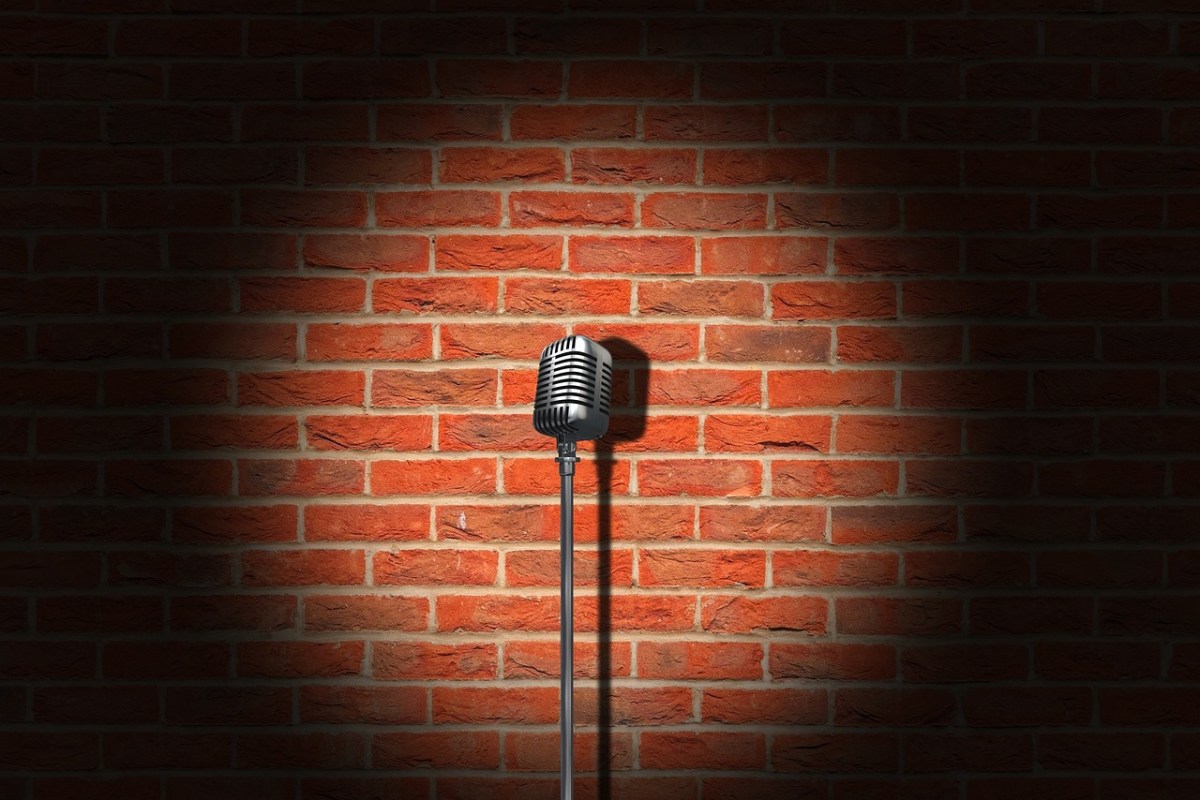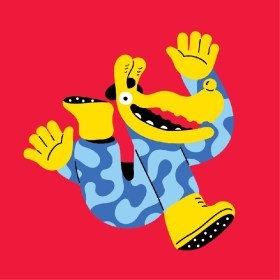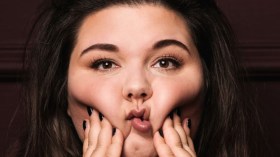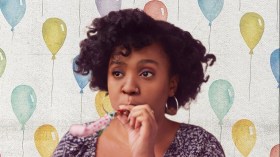The application windows for some festivals have already closed, meaning those taking part need to have written a blurb and nominated a title for their next touring show, a fiendish task given the works are often still embryonic.
The sprawling festival season offers both immense opportunities and challenges for comedians and the work starts well before the opening night galas. Right now, the performers are developing their shows, road-testing bits at local comedy nights and arranging the logistics for what can be months of touring.




